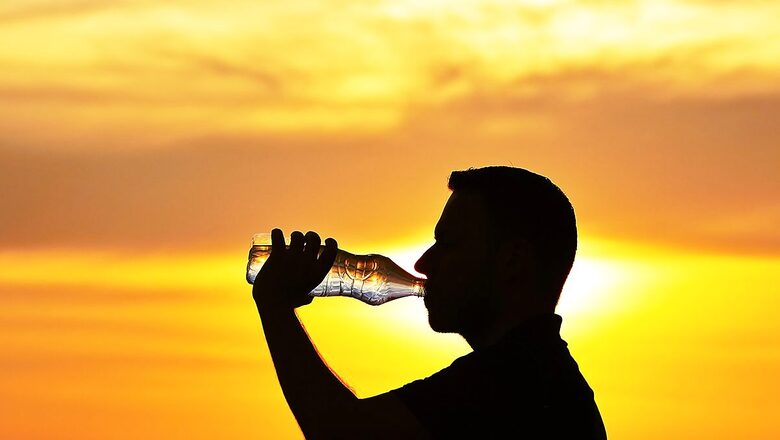
views
Indians are accustomed to hot summers, but even we have to admit that the last few years have been brutal. India had its first heat wave warning of 2023 in February. This was also our hottest February in a century. By March, the India Meteorological Department (IMD) had predicted that temperatures could be 2-3 degree celsius above normal in some parts of Indo-Gangetic plains and eastern India during the last week of March. By April, we were talking about naming our heatwaves, the way they do hurricanes in the west.
As inhabitants of a warming planet, we all need to learn how to adapt to these temperatures. This is particularly true in India, where the summer season is a long, drawn out affair. Obviously, staying inside our air conditioned homes for 4 months a year isn’t an option. We have jobs and school to go to, errands to run, friends to visit, and bodies to exercise.
In learning how to live (and thrive!) in hotter climates, one of the first things we need to educate ourselves on is proper hydration. Aside from heatstroke, dehydration is one of the biggest risks of living and working in high temperatures. Dehydration is not only a huge risk for anyone who works outdoors, but also to those of us who are privileged enough to live in air conditioned homes and have indoor jobs.
Unfortunately, dehydration is so commonplace that most of us don’t take it seriously. Consider this though: more than 1 lakh children under the age of five die of dehydration and related complications in India alone, and worldwide, the figure jumps to 7.6 Lakh children.
The really unfortunate part of this tragedy is that these deaths are almost entirely preventable through proper hydration. To remedy this lack of awareness, Electral and the News18 Network launched the Hydration for Health initiative in 2022. The initiative involved panel discussions with doctors from across the nation to discuss various aspects of hydration, and how best to prevent diarrheal dehydration – particularly amongst children. They also focused on the many causes of sudden dehydration – including illnesses like diarrhea, high fevers, vomiting, etc.
But children aren’t the only ones who suffer from dehydration. Dehydration creeps up amongst the elderly. Often, it is hard to recognise dehydration, particularly in the elderly, and also, in very young children – especially when diarrhea is not the cause. Hydration also significantly affects our immunity, and most people don’t know the best ways to keep themselves and their families hydrated. And no, sugary drinks aren’t the answer! The Hydration for Health initiative covered all of these topics, and more.
Contrary to popular belief, just drinking lots of water doesn’t get you hydrated. Good hydration is about both fluids and electrolytes. Just as we’ve learnt about the ‘El Niño’ effect and ‘Wet Bulb’ temperatures, ‘Fluid Balance’ too, needs to become part of our lexicon. Fortunately, all the information you need is coming to you in the form of easy to digest videos, articles and panel discussions, with Season 2 of Hydration for Health.
In the meantime, you can assess your hydration IQ by taking our Hydration for Health quiz here. You’d be surprised at how much you don’t know! The good news is that answers to all these questions can be found in our articles and videos from Season 1. Even if you don’t score well on the quiz, take heart. You probably have the best solution for dehydration in your home first aid kit – Electral!
Since its discovery in the 1960s, ORS has reliably shown life-saving effects in conditions involving dehydration. So much so, that the World Health Organisation (WHO) invested years of research into perfecting their formula. This formula has been available to us in India since 1972, in the form of Electral. Of course, Electral is also India’s No.1 doctor prescribed WHO Oral Rehydration Solution.
Don’t let the summer heat bring you down. Instead, stay hydrated always, with Electral.
This is a partnered post.




















Comments
0 comment